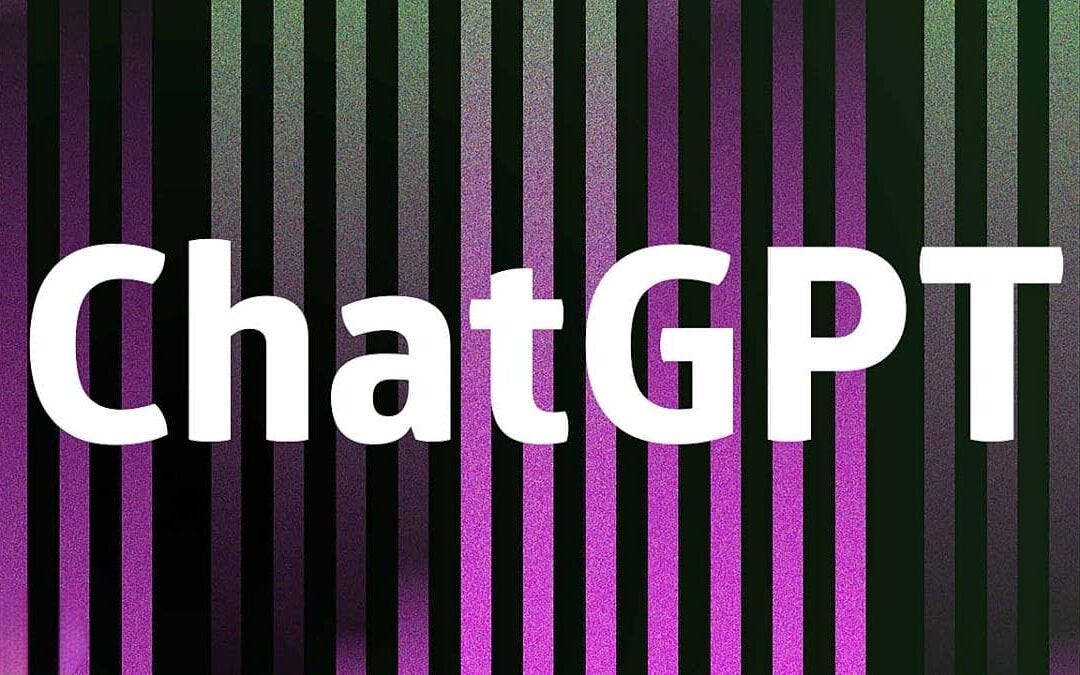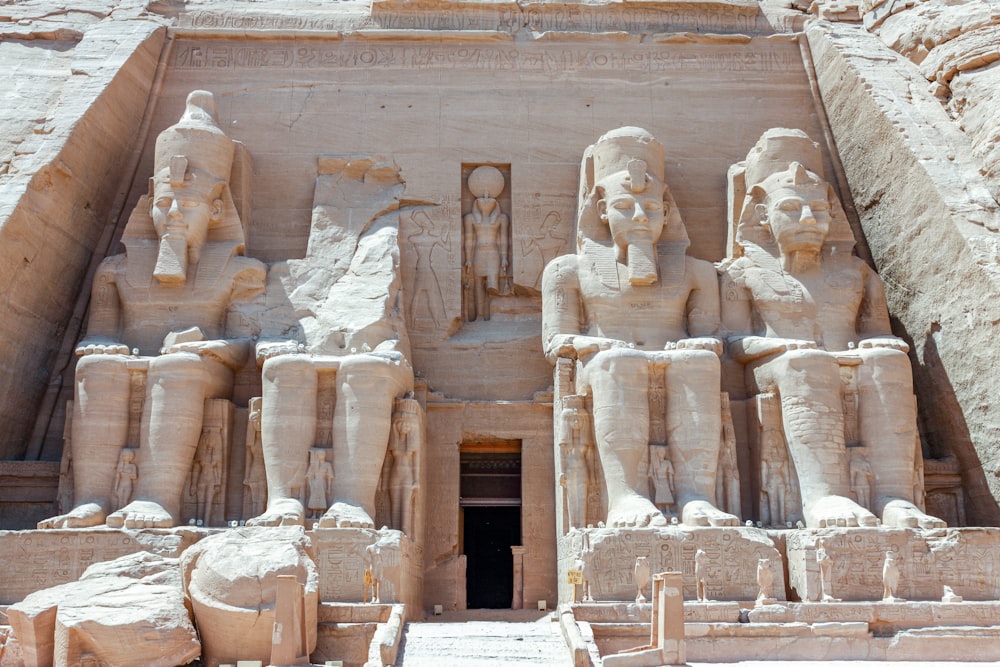Will ChatGPT evolve into true artificial intelligence?
How ChatGPT learns conversation skills Human Annotators
ChatGPT is very useful now. It can provide personalised and colloquial answers based on the questions you input. Not only can it handle poetry, stories, reviews, etc., but it can even help you compose a song to soothe your broken heart when you are lovesick.
So how does ChatGPT do this?
First, we know that in ChatGPT, the word "Chat" refers to chatting - the ability to converse with users. But why can it converse with users, and what logic is used to generate messages? This task falls on the "GPT" part.
What does "GPT" mean?
The original meaning of "GPT" is "generative pre-training". When you enter a sentence, GPT predicts the most likely next sentence based on the context and meaning. For example, when you enter "Today's weather is really good", it will output "I want to exercise outdoors." Then, it takes "I want to exercise outdoors" as input and continues to generate the next word or phrase. Today's ChatGPT can generate long paragraphs of text, just like normal human conversation - more like a real person than Siri.
However, can the sentence generated with the highest probability guarantee that the answer is correct?
No, it cannot.
So he added another insurance policy - manual labelling - to mark and train the correct sentences. The process is roughly as follows: after ChatGPT generates some answers, humans rank these answers based on their satisfaction with the answers given. For example, when ChatGPT generates answers A, B, and C, humans will rank them as A>B>C - allowing ChatGPT to correct its existing knowledge.
However, as long as the rules are not modified from the bottom up, and rely solely on human labor for slow correction, there are three difficulties: database pollution, insufficient manpower, and inadequate expertise.
Regarding this, ChatGPT says:
"The judgment of human annotators may be influenced by their own cognition and experience, leading them to sometimes give me incorrect answers. This is often because some problems involve subjective judgments or have multiple possible answers, rather than a clear fact. In addition, the quality of human annotators may vary due to differences in their experience and ability levels. To address these issues, OpenAI will use multiple annotators to annotate the same question and combine their results for analysis, thereby reducing the impact of individual differences in annotators."
In other words, another limitation of ChatGPT is that it can only generate responses based on the patterns it has learned from the texts it was trained on. If a question requires knowledge or information that is not present in those texts, the model may not be able to provide an accurate or complete answer. Additionally, the texts used to train ChatGPT may contain biases, inaccuracies, or outdated information that could influence the model's responses.
It's important to keep these limitations in mind when using or relying on ChatGPT's responses. While the model can be a useful tool for generating text or providing information, it's not a substitute for human expertise or critical thinking.
Judea Pearl, the founding father of the artificial intelligence field, has expressed a viewpoint that all his previously proposed algorithms were wrong. In his view, all current forms of artificial intelligence, in essence, do not qualify as true intelligence, and no amount of training using existing models can ever achieve true intelligence.
According to Pearl, true artificial intelligence is not just about having strong computational power or high speed, but it requires the ability to think causally.
So, what does causal thinking mean?
Let's take an example. One day, Tommy was working on his computer in his room when his father suddenly came in and asked, "Have you finished your homework?"
Tommy replied, "Mom allowed me to play."
This question may seem ordinary, but upon closer inspection, Tommy actually answered something entirely different from what his father asked. His father asked if he had finished his homework, but Tommy responded that his mother had allowed him to play instead. This is because Tommy saw the consequences behind his father's question. If he answered truthfully, he might get punished, so he made up an excuse.
As you can see, Tommy used causal thinking in this question and answer exchange. His characteristic is that he went beyond the level of stock thinking - the punishment had not actually happened yet, but Tommy guessed that it might happen - he predicted a possible future outcome. This is the essence of causal thinking.
In Pearl's view, only those who can surpass their own innate experience and possess causal thinking can be considered truly intelligent. The existing AI is all domesticated by experience - ChatGPT's ability is limited to human past experiences, and you cannot expect it to create content that humans have not created before. All of its knowledge comes from the content we have accumulated on the internet in the past - in other words, ChatGPT cannot learn from experience like humans, nor can it acquire self-awareness or autonomous thinking ability.
Moreover, according to current training methods, it may never be possible to possess this ability.
Speaking of this, I suddenly came up with an idea - is it possible to let ChatGPT learn Go like AlphaGo, from early reference to human chess games to later not relying on any reference point, and directly letting two AIs play against each other and learn Go directly - in other words, is it possible not to give it any human text, but to put two AIs together and let them generate language for their own communication from scratch?
Then the question goes back to how language is formed. Is it possible for us humans to replicate the environment in which language is formed?
In fact, of the more than 7,000 languages in the world, except for Esperanto, which has a clear origin (invented by Zamenhof), none of the others can provide reliable evidence about their origins and evolution - no one knows how language is formed.
So is it possible to replicate the environment in which language is formed?
Let me tell you a story. 2,600 years ago, a powerful pharaoh in Egypt conducted a famous language experiment - he wanted to know if two newborn babies were given to a shepherd and not taught to speak, would a new language be produced after several years?
His purpose was partly to satisfy his curiosity, and partly to prove that his nation's language was the origin of human language, indirectly proving that his nation was the oldest in the world.
So, according to the pharaoh's instructions, the shepherd took the two babies to a secluded place, where he tended to their daily needs while also silently observing their behaviour and actions. During the experiment, the shepherd was not allowed to speak to the babies or even talk to himself in their presence while he tended to his sheep.
In this way, the babies grew up but were unable to speak, and their daily communication was limited to simple gestures.
One day, however, one of the children uttered their first word ever: "Bekos!"
Excited by the child's exclamation, the shepherd danced and ran to report to the pharaoh, who then called in linguistic experts to carefully examine the word's origins. After much effort, the experts finally traced the word's pronunciation to the Phoenician language, where it means "bread". However, this result disappointed the pharaoh, as the experiment did not prove that their own language was the origin of human language.
In reality, the pharaoh's experiment did not prove that Phoenician was the origin of human language either, as the child's utterance was largely a coincidence.
But we can draw a preliminary conclusion: if a human infant were to grow up in a completely silent environment from birth, they would not be able to create a new language, even with the presence of companions.
You might think that a single experiment cannot fully explain the problem at hand. Emperor Frederick II of the Roman Empire shared this view, so he conducted a similar experiment. However, this time, he entrusted two infants to a deaf-mute person to raise. Several years later, Frederick II found that the two children not only did not create a new language but also had their intellectual development affected.
This series of experiments demonstrates that language does not originate out of nothing. Rather, its creation requires communal living and a long evolutionary process. It took humans millions of years to transition from walking on all fours to walking upright and tens of thousands of years to learn to speak. Therefore, it is unlikely that infants who gather together for several years or even decades would be able to create a new language.
Therefore, the origin of language is a mystery. Perhaps understanding how it originated in the first place and replicating the same environment could allow ChatGPT to acquire artificial intelligence.
(One possibility for the emergence of language is the formation of tribes. Liu Feng, an internet researcher, proposed that the emergence of artificial intelligence could be due to an increase in the number of computers. Emergence refers to the sudden appearance of abilities that occur when a group of organisms gather together. For example, a single ant does not possess much intelligence. However, a group of ants can develop precise division of labor. If each machine has computational power and is connected to the internet, when the number of machines reaches a certain threshold, it is possible for artificial intelligence to emerge.)
(There is also a simple way to determine if AI has artificial intelligence. If we can still engage in idle chatter here, it means that AI has not yet acquired its own intelligence. Because if AI has intelligence, it will directly enter the singularity, just like AlphaGo playing tens of thousands of games with itself. AI's intelligence will quickly surpass humans and increase geometrically.)
(The statement in the article that the result of a majority vote is inaccurate only covers part of the truth. In fact, there is a lot of data that shows that collective intelligence of people is often more accurate than that of experts.
There is a very famous experiment: fill a glass jar with candy and ask a group of people to guess how many pieces of candy are inside. You would think that each person's guess would be very different, with some guessing 200 and others guessing 1000. But strangely enough, if you average their guesses, the result is close to the actual number.
For example, in 2007, a similar experiment was conducted at Columbia Business School. The actual number of candy was 1116, and 73 students participated in the experiment. The average number was 1115, which was only one piece off from the actual number.
If you bring a cow to the market and let farmers estimate its’ weight, you will find that no individual farmer's judgment can surpass the sum of all the farmers' judgments averaged out.
The reason is that each person has some information and judgments, even if only using the crude method of averaging, the aggregated information is more complete than that held by an individual, and the resulting judgment is more accurate. This is the original meaning of collective intelligence.
However, this experiment must meet several conditions, namely that the participants must be independent of each other and cannot communicate with each other before giving their answers. And the number of participants must be sufficient.
I asked ChatGPT, "How many human annotators are used?"
ChatGPT replied, "The specific number of human annotators used by OpenAI may vary depending on the difficulty, type, and other factors of the question. Typically, annotation teams consist of 2 to 5 annotators, and each question is annotated by multiple annotators to compare and analyse the answers of different annotators, thereby improving the accuracy and credibility of my answers."
In other words, ChatGPT's answers do not meet the conditions of collective intelligence because the number of annotators is too small.
Prompt/ information based on ChatGPT Feb 13 Version.









